Vision
The Department of Information Technology aims to produce globally competent graduates, skilled intellectual professionals, and a successful entrepreneur in the field of computer science and Information Technology to meet the current challenges in the fast-growing IT industry.
Mission
- Provide strong theoretical and practical knowledge to the students in the computer science discipline.
- To equip our students to attain the skill set Imperative to harness the opportunities present in this dynamic Environment.
- Provide technical & skill-based quality training to students in the field of Information technology
- Empowering the Youth in rural communities with computer knowledge
- Inculcate knowledge about Socio-economic duties & responsibilities and human & ethical values to become an optimistic global citizen and a life-long learner.
- Provide environmental education to build knowledge on environmental issues and also to take necessary actions to keep our environment healthy and sustainable for the future.
Programme Educational Objectives (PEOs)
PROGRAM EDUCATIONAL OBJECTIVES (PEO)
PEO1: Exhibit practical hands-on experience on the core and fundamentals like Analog Electronics, Digital electronics, Electronics circuits, Microprocessors and Microcontrollers, Digital Signal Processing Laboratory, RF Design, VLSI design, and embedded systems.
PEO2: Display practical knowledge, identify and find solutions to research problems related to the latest trends in communication technology such as cognitive radio, Software-defined systems, and Software-controlled systems, etc.
PEO3: Collaborate Work as a team in inter-disciplinary and intra-disciplinary projects to develop hardware and software solutions for diverse applications based on time series signal processing, digital image processing, software-defined radio, machine language-based data mining, etc.
PEO4: Publish research findings and innovations in technical symposiums, hackathons, project presentations, and publication of research articles in peer-reviewed and indexed conferences and journals.
PEO5: Develop analytical, critical, and innovative thinking skills, leadership qualities, and a good attitude well prepared for lifelong learning and service in various government, private, and research institutions as an electronics engineer.1
Programme Outcomes (POs) & Programme Specific Outcomes(PSOs)
PROGRAM OUTCOME (PO)
PO1: Critical Thinking: Apply knowledge of Computer Science to identify, and analyze, problems and to provide effective solutions in the area of Computing.
PO2: Computing Skills and Ethics: Analyze a problem, and identify and define the computing requirements appropriate to its solution.
PO3: Analytical skill: Ability to design, develop algorithms, and provide software solutions to cater the industrial needs.
PO4: Modern Tool Usage: Use current techniques, skills, and tools necessary for computing practices
PO5: Employability Skills: Inculcate skills to excel in the fields of Information Technology and its Enabled services, Government and Private sectors, Teaching and Research.
PO6: Ethics: Insists ethical responsibilities, and human and professional values, and makes their contribution to society.
PO7: Self-Directed and Life-long Learning: Engaged in lifelong learning to equip them to the changing environment and be prepared to take up mastering programs.
PROGRAMME SPECIFIC OUTCOME (PSO)
PSO1: Understand the basic concepts of system software, hardware, and computer technologies.
PSO2: Build computer programs in different programming languages to solve problems effectively.
PSO3: Develop knowledge in mathematics, and science fundamentals and solve problems using computer techniques.
PSO4: Evaluate appropriate techniques to tackle and solve problems in the discipline of information security management.
PSO5: Design, and develop precise specifications of algorithms, procedures, and interaction behavior.
PSO6: Examine effectively in both verbal and written form in industry and society.
PSO7: Work in teams to build software systems and apply the technologies in various fields of Computer Science, including Mobile applications, Web site development and management, databases, and computer networks.
Curriculum & Syllabus
CURRICULUM & SYLLABUS
MINIMUM CREDITS TO BE EARNED: 140
| Code No. | Course | Hours/Week | Maximum Marks | |||||
|---|---|---|---|---|---|---|---|---|
| Lecture | Tutorial | Practical | Credits | CA | SEE | Total | ||
| LANG | Tamil I/ Hindi/ French | 3 | 0 | 0 | 3 | 40 | 60 | 100 |
| ENG | English I | 3 | 0 | 0 | 3 | 40 | 60 | 100 |
| CORE1 | Programming in C | 4 | 0 | 0 | 4 | 40 | 60 | 100 |
| CORE2 | Web Technology | 4 | 0 | 0 | 4 | 40 | 60 | 100 |
| CORE3 | Mathematics I | 4 | 0 | 0 | 4 | 40 | 60 | 100 |
| CORE | Programming in C Lab | 0 | 0 | 4 | 2 | 40 | 60 | 100 |
| CORE | Web Technology Lab | 0 | 0 | 4 | 2 | 40 | 60 | 100 |
| AECC | Communication Skills | 1 | 0 | 2 | 2 | 40 | 60 | 100 |
| SEC | Orientation/Inductionprogramme / Life skills | - | - | - | - | - | - | - |
| 19 | 0 | 10 | 24 |
Eligibility Criteria
| Program | Program Duration (Year) | Eligibility | Criteria for Merit |
|---|---|---|---|
| B.Sc Information Technology | 3 Years (6 Semesters) | "Pass in (10+2) or equivalent with Maths/ Computer Science/ Computer Applications /Business Maths/ Statistics/ Informatics Practices/Information Technology/Artificial Intelligence Lateral Entry: Pass in Diploma in Computer Science/ ECE/ Visual Communication/ EEE/ Information Technology/ Computer Technology" | Merit based on the percentage of marks secured in the qualifying examination |
Career Prospects
CAREER PROSPECTS
- Application Programmer
- Computer Information Specialist
- Database Administrator
- Enterprise Information Officer
- Information Technologist
- Graphic Designer
- Hardware & Network Expert
- Information Architect
- Computer Support Specialist
- Information Security Coordinator
- System Designer
- Legal Information Specialist
- Maintenance Technician
- Information Systems Manager
- System Analyst
- Quality Analyst
- Strategic Information Planner
- Online Editor
- System Administrator
Alumni Testimonials

I completed my B.Sc(IT) degree from Vels University. The management provided us necessary infrastructure and placement training. The department taught the appropriate information needed for the then industry needs beyond the syllabus and I got selected in Infosys. I thank Vels University and my staffs.
Ms. Aasila Thahzeen M (B.Sc. IT), 2017-2020
Operations Executive, Infosys Limited

I completed my B.Sc(IT) degree from Vels University. The management provided us necessary infrastructure and placement training. The department taught the appropriate information needed for the then industry needs beyond the syllabus and I got selected in Infosys. I thank Vels University and my staffs.
Ms. Sneha.G (B.Sc. IT), 2017-2020
Operations Executive, Infosys Limited

I completed my B.Sc(IT) degree from Vels University. The management provided us necessary infrastructure and placement training. The department taught the appropriate information needed for the then industry needs beyond the syllabus and I got selected in Infosys. I thank Vels University and my staffs.
Ms. Malini .V (B.Sc. IT), 2017-2020
Operations Executive, Infosys Limited
Fee Structure
| Tuition Fee 2024 - 2025 (Per Sem) | Other Fee (Per Sem) | Total Fee 2024 - 2025 (Per Sem) |
|---|---|---|
| 25,000 | 21,000 | 46,000 |
Faculty of the Department
| Sl. No. | Name of the Faculty | Designation | Educational Qualification | Area of Specialization | Experience in Years | Vidwan ID | Photos |
|---|---|---|---|---|---|---|---|
| 1 | Dr.Sujatha.P | Professor and Head | M.Sc.,M.Phil, SET, Ph.D | Image Processing, Machine Learning, Cloud Coomputing & CNN | 25 Years | 233984 | 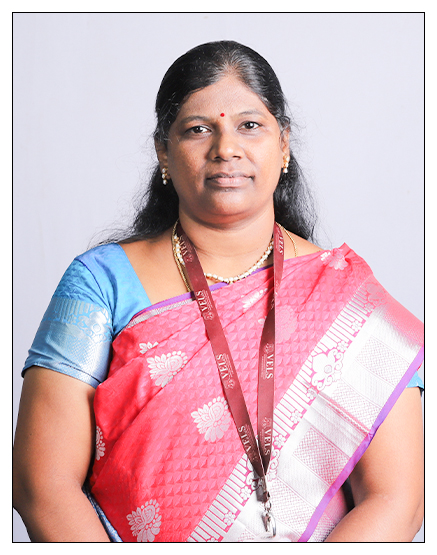 |
| 2 | Dr.Kamalakannan.T | Professor | M.C.A. M.Phil., SET, Ph.D | Data Mining | 25 years 5 months | 250928 | 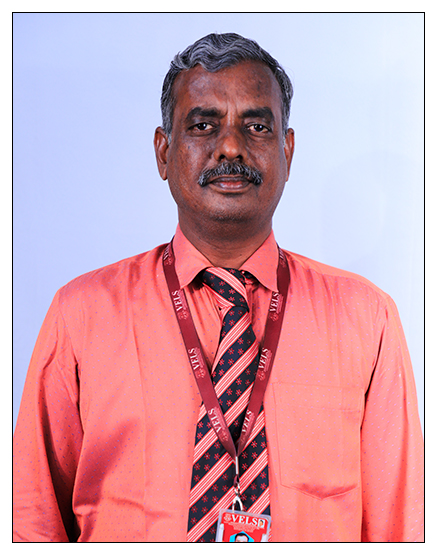 |
| 3 | Dr.Kalpana.Y | Professor | M.C.A, M.Phil., Ph.D | Neural networks, image Processing, cloud computing | 25 years 6 months | 250134 | 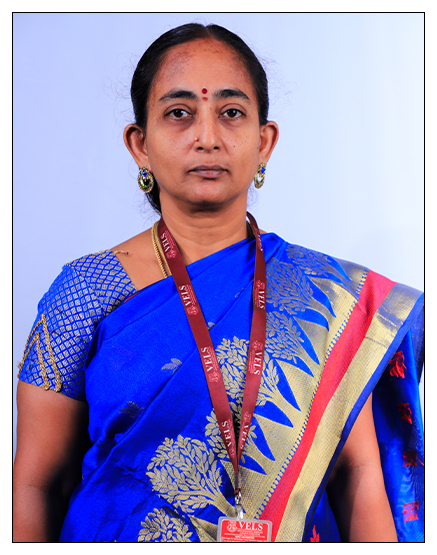 |
| 4 | Dr.Rohini.K | Professor | MCA., M.Phil.,Ph.D | Data Anlytics, Parallel processing system, Networking, Internet of Things & Machine Learning | 17 years 6 months | 290690 | 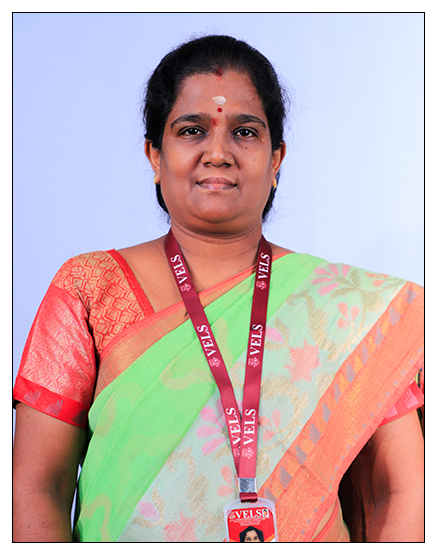 |
| 5 | Dr.Booba.B | Professor | MCA, M.Phil,Ph.D | Grid Computing, Distributed Computing and Parallel Computing, Networking, Video Processing, Big Data Analytics, Cloud Computing, Data Mining, Internet of Things & Machine Learning | 25 years 2 months | 232629 | 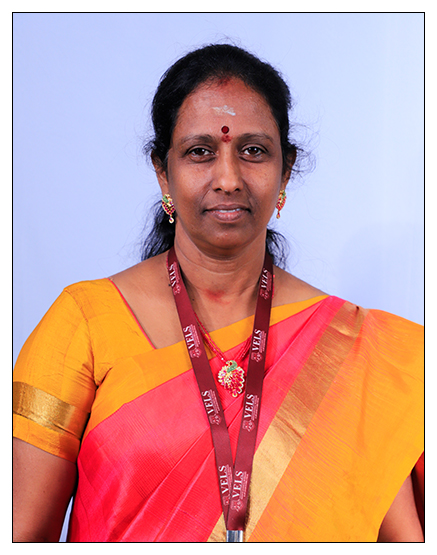 |
| 6 | Dr.Shanthi.C | Associate Professor | M.C.A. M.Phil., Ph.D | Mobile Computing | 18 years 6 months | 233836 | 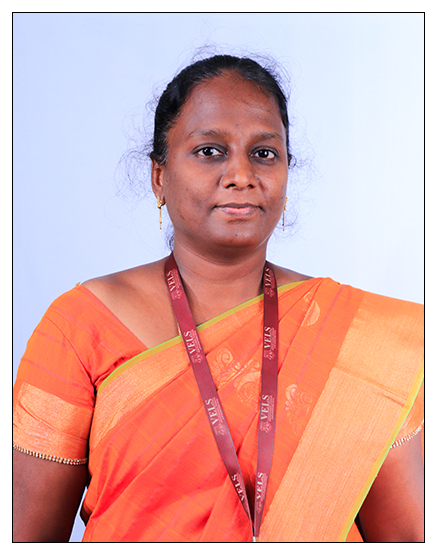 |
| 7 | Dr.Devi Radhakrishnan | Associate Professor | M.C.A, M.Phil., SET, NET., Ph.D | Image Processing , Data Mining & Cloud Computing | 17 years 6 months | 232625 | 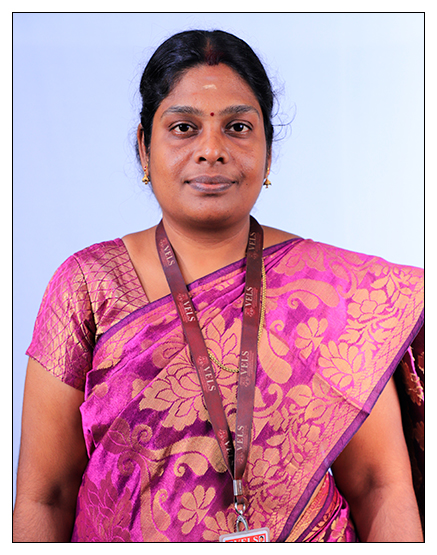 |
| 8 | Dr.Kasturi.K | Associate Professor | M.Sc., MCA.,M.Phil., Ph.D | Data Mining , Big Data Analytics & Machine Learning | 17 years 6 months | 250831 | 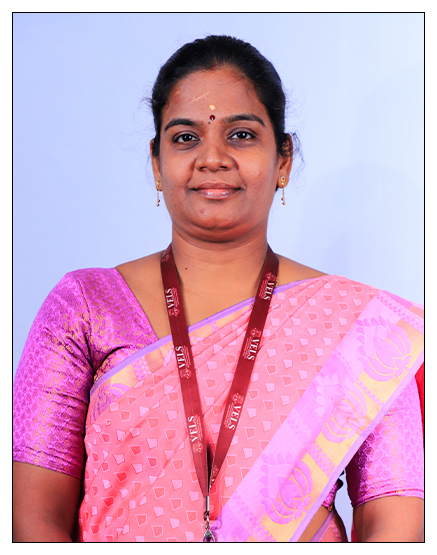 |
| 9 | Dr.Jebathangam.J | Associate Professor | M.C.A, M.Phil., Ph.D | Image Processing & Machine Learning | 16 years3 months | 250023 | 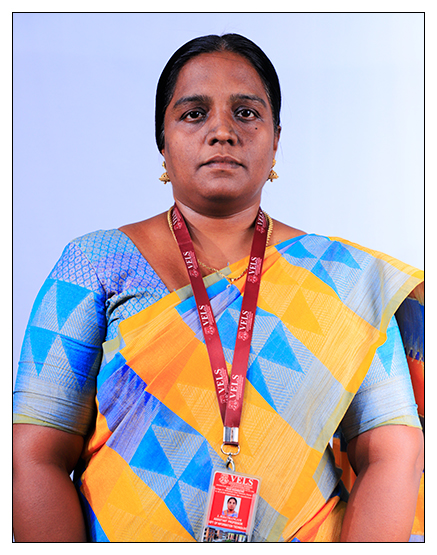 |
| 10 | Dr.Kamalakkannan.S | Associate Professor | M.Sc., M.Phil., Ph.D | Data Mining & Big Data | 19 years 6 months | 232622 | 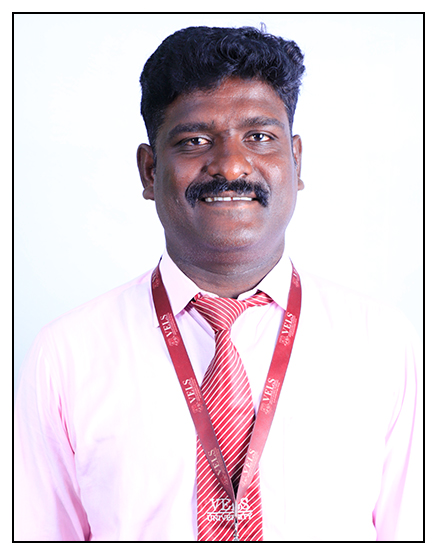 |
| 11 | Dr.Dharmarajan.K | Associate Professor | M.Sc., M.Phil., Ph.D | Data Science ML and AI , Big Data and IoT | 18 years 2 months | 232572 | 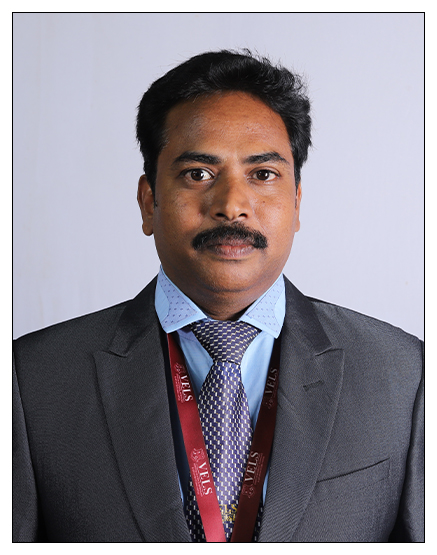 |
| 12 | Dr.Sharmila.K | Associate Professor | M.Sc., M.Phil., Ph.D | Big Data & Machine Learning | 14 years 4 months | 233823 | 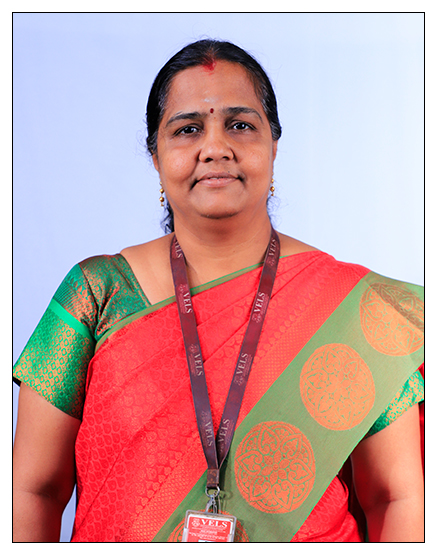 |
| 13 | Dr.Jeyalaksshmi.S | Associate Professor | MCA, M.Phil, Ph.D | Image Processing, Data Mining & Internet of Things | 20 years 2 months | 116757 | 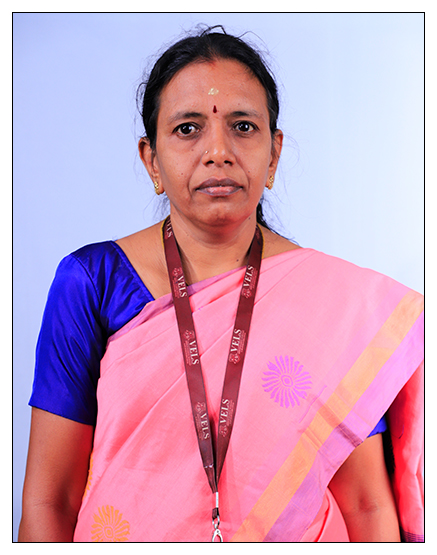 |
| 14 | Dr.Bagavathi Lakshmi.R | Associate Professor | MCA.,M.Phil., Ph.D | Data Mining & Internet of Things | 16 years 2 months | 472626 | - |
| 15 | Dr.Vidhya.A | Assistant Professor | MCA, M.Phil.,Ph.D | Big Data Analytics , Machine Learning & Deep Learning | 19 years 2 months | 250787 | 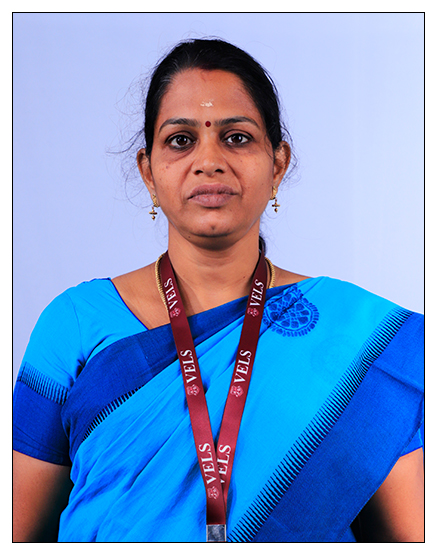 |
| 16 | Dr.Sathya.S | Assistant Professor | M.Sc., M.Phil., Ph.D | ChemInformatics , Data Mining, machine Learning , IoT,Image Processing | 15 years 2 months | 250807 | 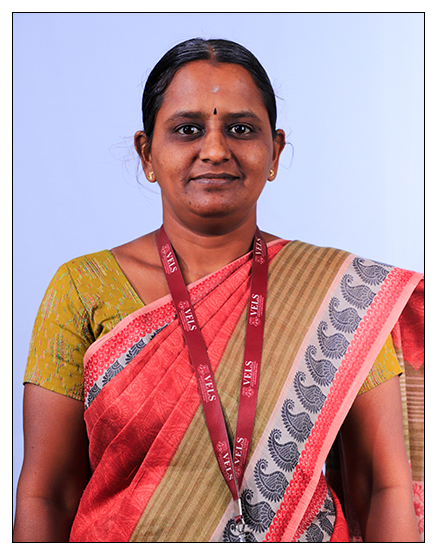 |
| 17 | Dr.Piramu Preethika.SK. | Assistant Professor | MCA, B.Ed.,M.Phil, Ph.D | Mobile Computing,IoT,data analytics, Sentiment analysis, Machine Learning & Cloud Computing | 9 Years 11 Months | 250813 | 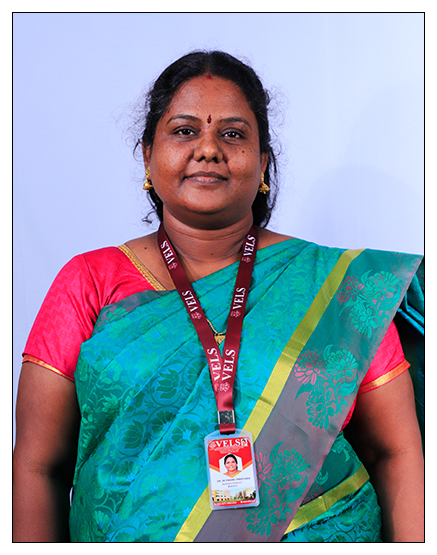 |
| 18 | Ms.Arockiya Selvi.S | Assistant Professor | MCA, M.Phil,(Ph.D) | Data Mining & Big Data | 11 years | 251505 | 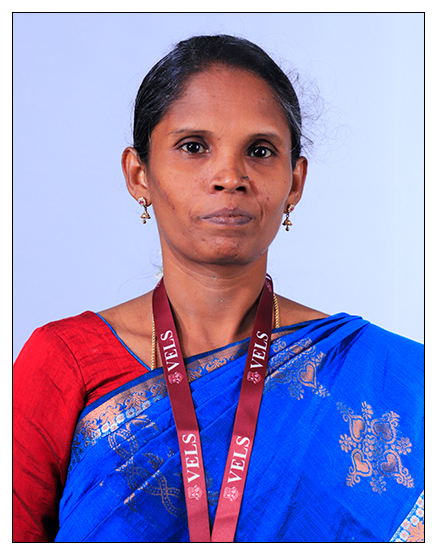 |
| 19 | Dr.Shalini.R | Assistant Professor | M.Sc., M.Phil., Ph.D., | Data mining,Machine Learning | 11 years 06 months | 249935 | 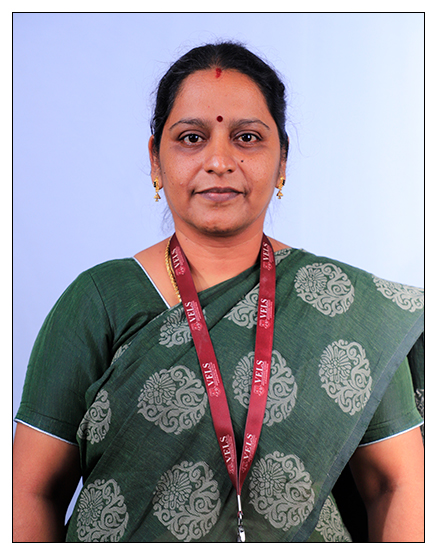 |
| 20 | Dr.Raghavendran.V | Assistant Professor | MCA., MBA.,M.Phil., Ph.D.,PDF | E-commerce Security and AIML& DL, IoT,Big data, Data Mining and Warehousing | 22 years 6 Months | 249741 | 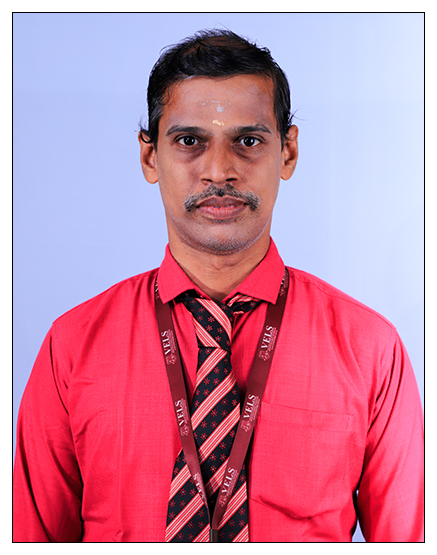 |
| 21 | Dr.Hemamalini.U | Assistant Professor | M.Sc.,M.Phil.,Ph.D | Sentiment Analysis | 17 years 6 months | 315150 | 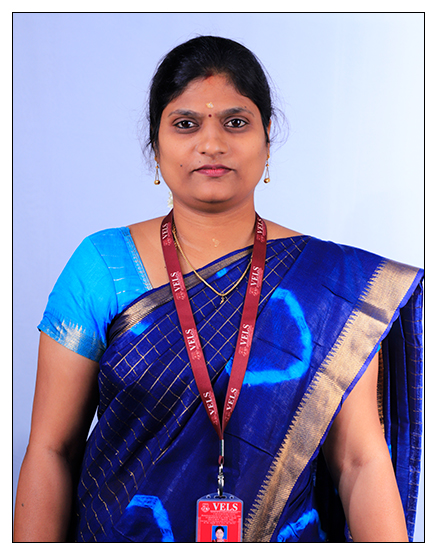 |
| 22 | Dr.Divya.V | Assistant Professor | M.Sc, M.Phil, Ph.D | Networks | 8 years 7 months | 314873 | 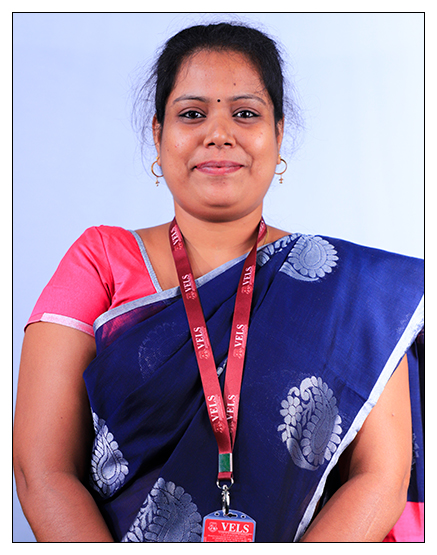 |
| 23 | Dr.Bharathi.A | Assistant Professor | M.Sc,M.Phil, Ph.D | Image Processing, Machine Learning | 7 years 3 months | 315143 | 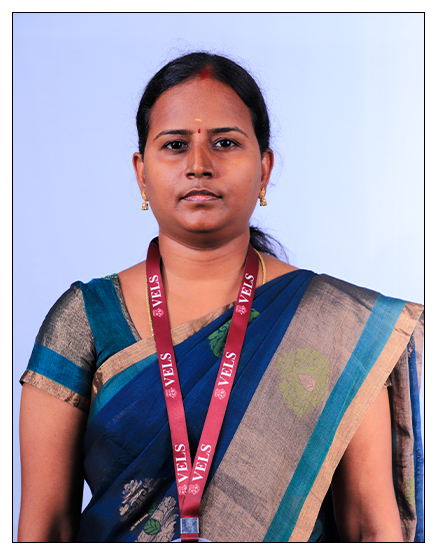 |
| 24 | Dr.Yogeshwari.M | Assistant Professor | M.Sc,M.Phil,Ph.D | Image Processing,Machine Learning | 7 years 2 months | 393508 | 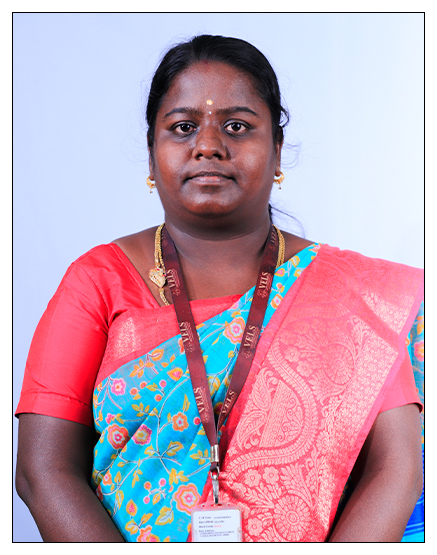 |
| 25 | Dr.Rani.S | Assistant Professor | M.Sc, M.Phil, Ph.D | Image Processing, Cloud Computing | 9 years | 472508 | 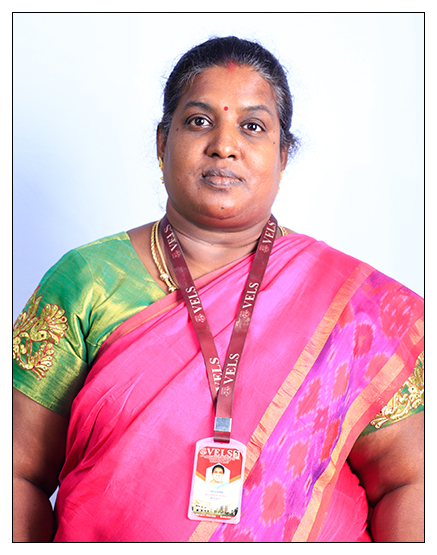 |
| 26 | Dr..Shyamala Devi.N | Assistant Professor | MCA, M.Phil,Ph.D | Natural Language Processing,Text Mining | 13 years | 470942 | 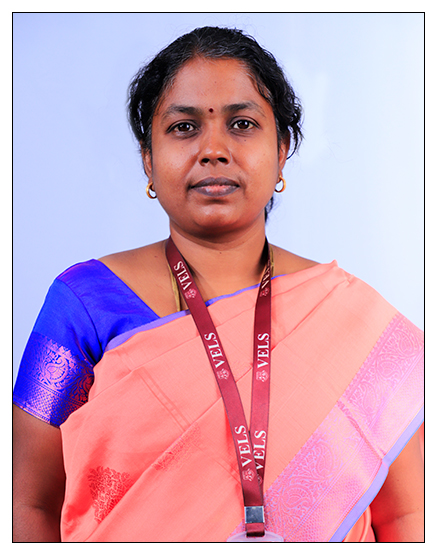 |
| 27 | Dr.Sangeetha Radhakrishnan | Assistant Professor | MCA., Ph.D | Distributed Database,Cryptography,Security | 1 year | 322257 | - |
| 28 | Dr.Ramesh.L | Assistant Professor | M.Sc.,B.Ed.,M.Phil., Ph.D | Data Mining, Image Processing , Big data, Artificial Intelligence,Machine Learning, | 6 years 2 months | 416502 | - |
| 29 | Dr.Sakthivanitha.M | Assistant Professor | M.Sc (CS)., M.Phil., Ph.D., | Data Mining, IoT, Network security | 5 years 6 months | 474749 | - |
| 30 | Dr.Anbarasi.C | Assistant Professor | M.C.A.,M.Phil,Ph.D | Data Mining | 18 years 6 months | 472564 | - |
| 31 | Dr.Grace Hannah.J | Assistant Professor | M.Sc(CS)., M.Phil (CS)., Ph.D (CS) | Image Processing, Data Mining, Machine Learning | 7 years 2 months | 432211 | - |
| 32 | Ms.Jayashree.S | Assistant Professor | M.Sc.,M.Phil | Image processing & Machine learning | 2 years1 month | 472680 | - |
| 33 | Dr.Balaji Kannan | Assistant Professor | MCA., M.Phil. M.E., MBA,DLL.,Ph.D | Cloud Computing, Cloud data security, Network security, IOT, Bigdata. | 13 years | 474352 | - |
 CHAT WITH A STUDENT
CHAT WITH A STUDENT